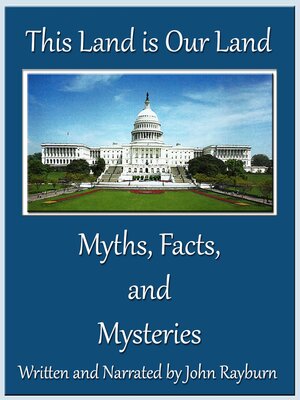
Sign up to save your library
With an OverDrive account, you can save your favorite libraries for at-a-glance information about availability. Find out more about OverDrive accounts.
Find this title in Libby, the library reading app by OverDrive.



Search for a digital library with this title
Title found at these libraries:
| Loading... |
Throughout the stories here is information on how places, cities, and states got their names. However, questions arise because Native American tribes of the day didn't yet have a written alphabet, and none of those came along until Sequoyah invented one in 1821, one that was actually more of a syllabary with symbols that stood for consonant/vowel sequences and could make words, basically just a writing system.
One such word example is Tsa-La-Gi in Oklahoma, a recreated Cherokee settlement showing what one was like before European contact. The name means "Cherokee," and if you say it out phonetically as "Say-la-ghee," it's understandable how that was understood as the word Cherokee. It wasn't written out because there wasn't yet a means of doing so.
Many such words were heard by early frontiersmen, most of whom had little or no formal education. As a result, they pronounced and spelled anyway they heard various words, and because that was all that was available, their decisions held up more often not. It brings to mind an old phrase aimed at accepting something while having at least a degree of skepticism about the actual truth or meaning, and that is to "take it with a grain of salt." This all means if you come across something here with either skepticism or at least no specific literal interpretation, don't fret. The information is interesting, whether or not always logical or with an occasional small degree of accuracy. Don't let any word choices by those early, often under-educated frontiersmen cause you to be "anti-semantic." We repeat the suggestion to just go along with whatever is mentioned, but remember to have that "grain of salt" handy.






